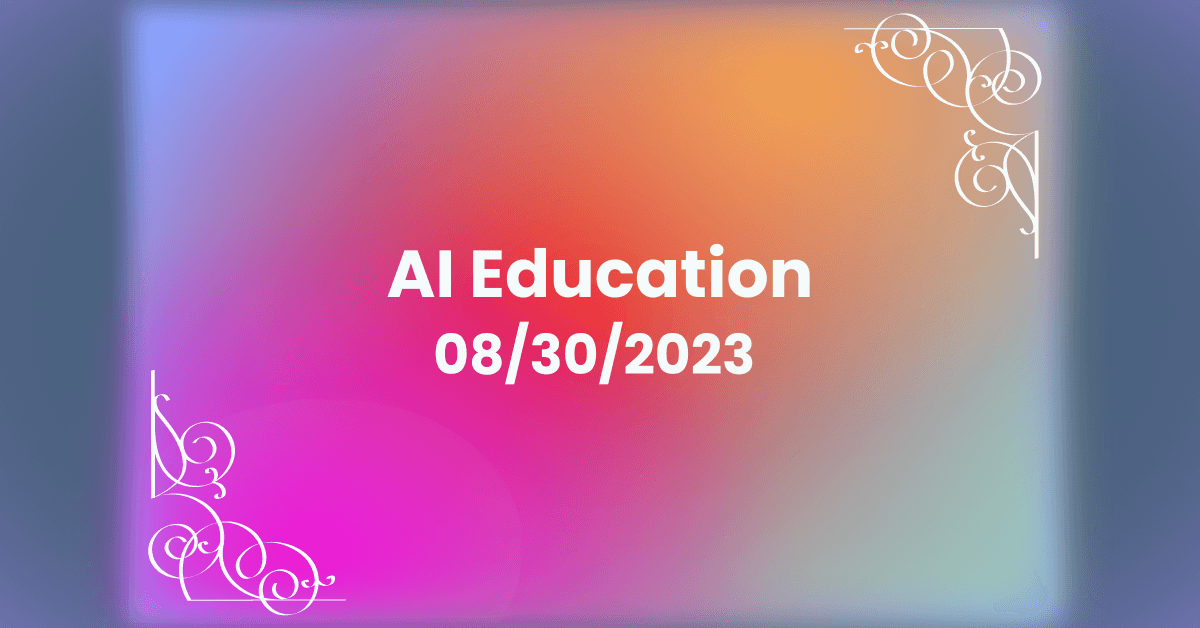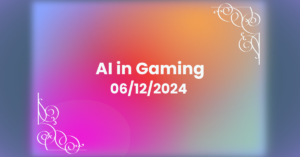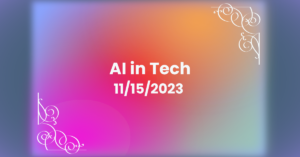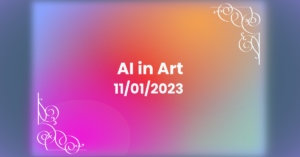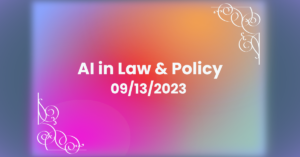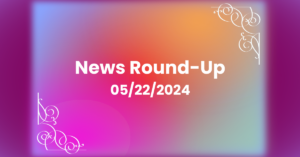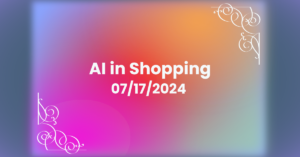Discussion Around AI in Education Continues
Developments in AI seem to be perpetually at the top of the news cycle, particularly when it comes to education. Recently, Johns Hopkins University announced that they are embracing the transformative potential of artificial intelligence by establishing a new institute focused on data science and A.I. systems. The institute, which is at least partially funded by The National Science Foundation, aims to bring together over 100 faculty members across disciplines such as engineering, public health, national security, and humanities. The emphasis is on guiding A.I. development toward positive impacts on humanity, transparency, and ethical considerations. While concerns persist about A.I.’s impact on jobs, the university stresses retraining and highlights the growing demand for roles in machine learning and data science.
Of course, not everyone believes that AI is here to help educators. In an article cheerfully entitled AI Cheating is Hopelessly, Irreparably Corrupting US Higher Education Mark Massaro, a professor of English at Florida SouthWestern State College, argues that the infiltration of generative artificial intelligence technology in higher education is causing significant concern and disruption. He believes that educators are grappling with the challenges posed by AI-generated essays, which lack genuine critical thinking, engagement, and personal development. Ultimately, his main concern is that this technological shift has implications for education’s core goal of nurturing students’ growth, and it raises concerns about a future where AI reliance hampers critical thinking and perpetuates misinformation. Professor Massaro’s point is well taken; if we come to rely too much on AI, our critical thinking skills will atrophy. However, I would argue that the use of AI does not prevent students from learning to think critically. If students’ critical thinking can be completely derailed because they are using a new tool to write papers, then our teaching methods are already suspect.
Flipping to the other side of the AI discussion, as the new school year begins, some educational institutions that previously aimed to shield students from artificial intelligence are now embracing AI-friendly classrooms. School districts are shifting their approach, recognizing that harnessing evolving technology is more productive than resisting it. Teachers have been trained to incorporate AI into daily learning, and rules for its use among students are being established. This change in perspective stems from an understanding that AI skills will be crucial for future jobs and that technology can enhance instruction. Despite concerns about cheating and authenticity, more educators are adopting AI technology to personalize learning and prepare students for the changing job landscape. While some districts had initially banned certain AI software, they are now actively exploring its integration into education.
As the discussion around AI in education continues, we must strive to find the balance between utilizing AI’s potential and maintaining academic rigor and privacy. This is definitely a challenge, with the debate surrounding the need for regulations ongoing, but I’m confident that we can find a solution.
Further Reading:
- AI Can Make Education More Personal (Yes, Really Frequent, trustworthy feedback to teachers helps them interact more with students – EducationWeek
- AI in Education The leap into a new era of machine intelligence carries risks and challenges, but also plenty of promise – Education Next

